Temple University President Richard Englert rushed to lay out the university’s plan for an on-campus stadium in March 2018 at a town hall that lasted only 13 minutes before protesters’ shouts drowned out his remarks.
His speech included plans for a special services district, among other agreements with neighbors.

President Richard Englert discusses plans for a proposed on-campus stadium in Mitten Hall on March 6, 2018. ALYSSA BIEDERMAN / FILE PHOTO
Like Englert’s speech that night, most of the university’s ideas, like a community benefits agreement, never materialized. Plans for the on-campus football stadium came to a halt, which will result in the university negotiating to extend its lease with the Philadelphia Eagles to play at Lincoln Financial Field.
Temple has long struggled with its community relations — one of the main reasons the stadium and other developments west of Broad Street have been met with such adversity and protest. Long-time residents see their community moving further and further away from Broad Street as more students move in, bringing more trash and oftentimes, disrespect.
On Thursday, the university again announced its plans for a special services district near Main Campus to begin to combat some of these issues. The North Central Special Services District will kick-off at an event Friday evening.
Bill Bergman, the vice president for public affairs, told The Temple News in February that the district has no connection to the stadium, but was created only to improve the quality of life for residents and the state of the neighborhood near Main Campus.
Community residents and university employees will lead the district, which will encompass Broad Street to 18th and Dauphin Street to Oxford, an area that is inundated with trash and student behavioral problems.
The SSD Board is an independent nonprofit. The university handed over its reins to the residents, who hold the majority of seats on the district’s board.
Now, community residents have the final say.
THE BOARD
The North Central Special Services District Board has the ability to mitigate quality of life problems like trash, student behavior and other issues that have impacted the area.
The university offered positions on the SSD Board about four months ago to specific residents from a larger pool of people who have been a part of closed-door community affairs meetings for the past several years, since stadium plans were underway.
The SSD Board is comprised of five community residents and four university employees. It is designed to give community residents the majority voting power so they have control of what programs and initiatives are approved or rejected.
“I consider us…[as] just advisers to them,” said Eileen Bradley, the community liaison for Campus Safety Services, of the SSD Board. “They have the deciding votes. They live right here.”
Community Residents
JOAN BRILEY
President, Lives on Norris Street near 15th
MILTON POLLARD
Lives on Bouvier Street near Berks
KAY THOMPSON
Treasurer, Lives on Carlisle Street near Susquehanna Avenue
ESTELLE WILSON
Lives on 15th Street near Norris
CHARLOTTE SAVAGE
Lives on Page Street near 15th
University Employees
CAPTAIN EILEEN BRADLEY
Temple Police community liaison
VALERIE HARRISON
Secretary, Senior Adviser for Equity, Diversity and Inclusion
ANDREA SWAN
Director of Community and Neighborhood Affairs
KENNETH TURNER
Grounds maintenance worker and lifelong North Philadelphia resident
Tara Miller, the manager of Temple’s special projects, will serve as the SSD board’s executive director and report directly to the nine-member Board. She will keep her current university role, but will also be the only full-time employee for the district.
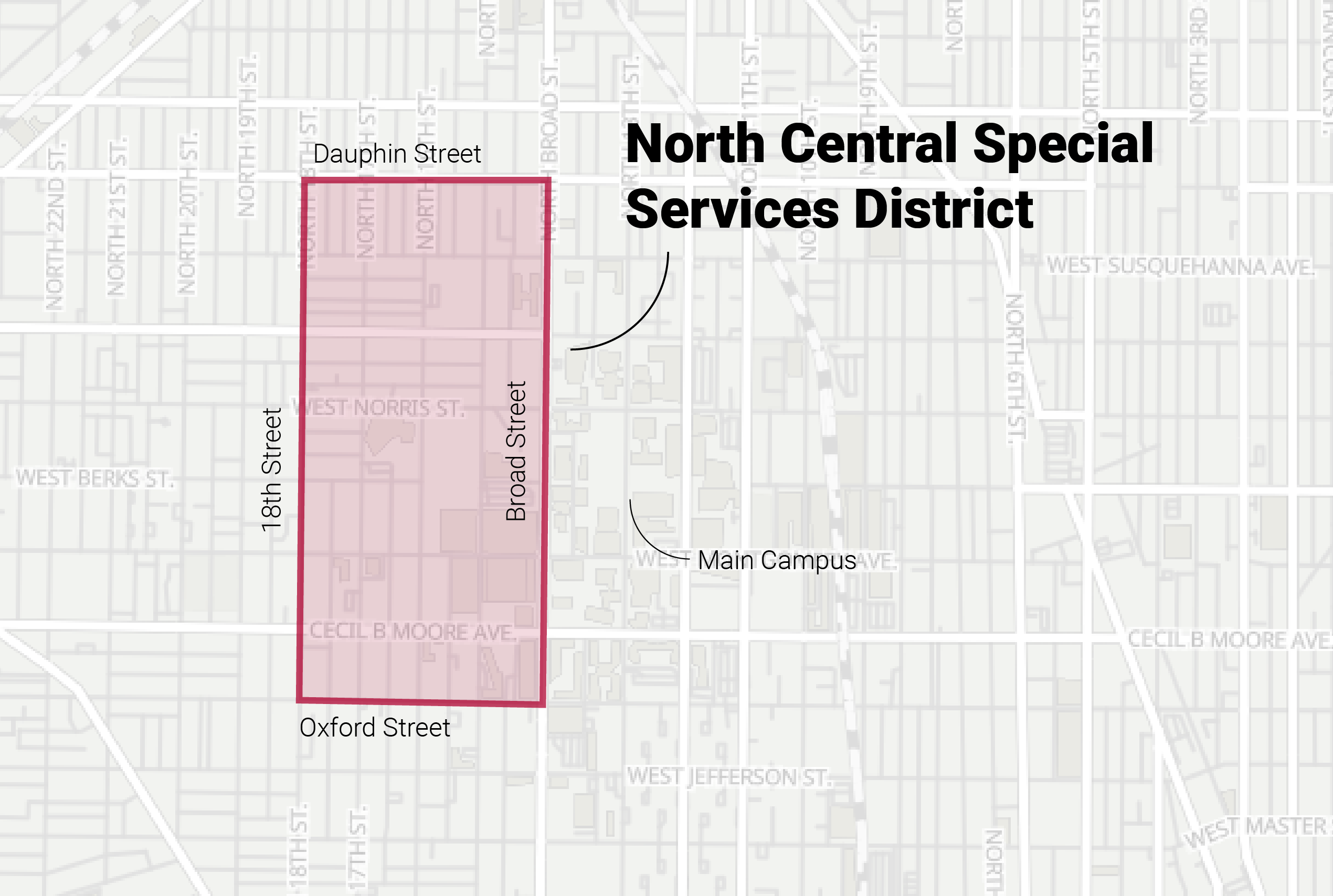
The university will give the SSD Board $500,000 for its first year, Bergman said.
The Office of Institutional Advancement will begin seeking corporate sponsors and alumni donors to continue funding its efforts. The office waited for the district’s announcement before it began seeking sponsors, said Jim Cawley, the vice president of Institutional Advancement, last month. The announcement, he said, will “spur interest” among businesses and alumni to support the SSD Board’s efforts.
“There are going to be a lot of people interested in being a part of an effort to make this community an even better place to live and to learn and to raise families and to grow old in,” Cawley said.
Because its work is privately funded, the SSD Board does not require the city’s approval to be established.
A CHANGING COMMUNITY
Joan Briley described her memories of a once-quiet neighborhood. Now any given evening, she can hear students loudly partying, blasting music for the whole block to hear.
“We saw how quiet it was 10, 15, 20 years ago,” Briley said. “So, now we see the raucous. As we’re getting older, and we’re seeing more and more happening in the neighborhood, it’s like, ‘Hey, OK. I think it’s time for us to step up, and let’s slow this down.’”
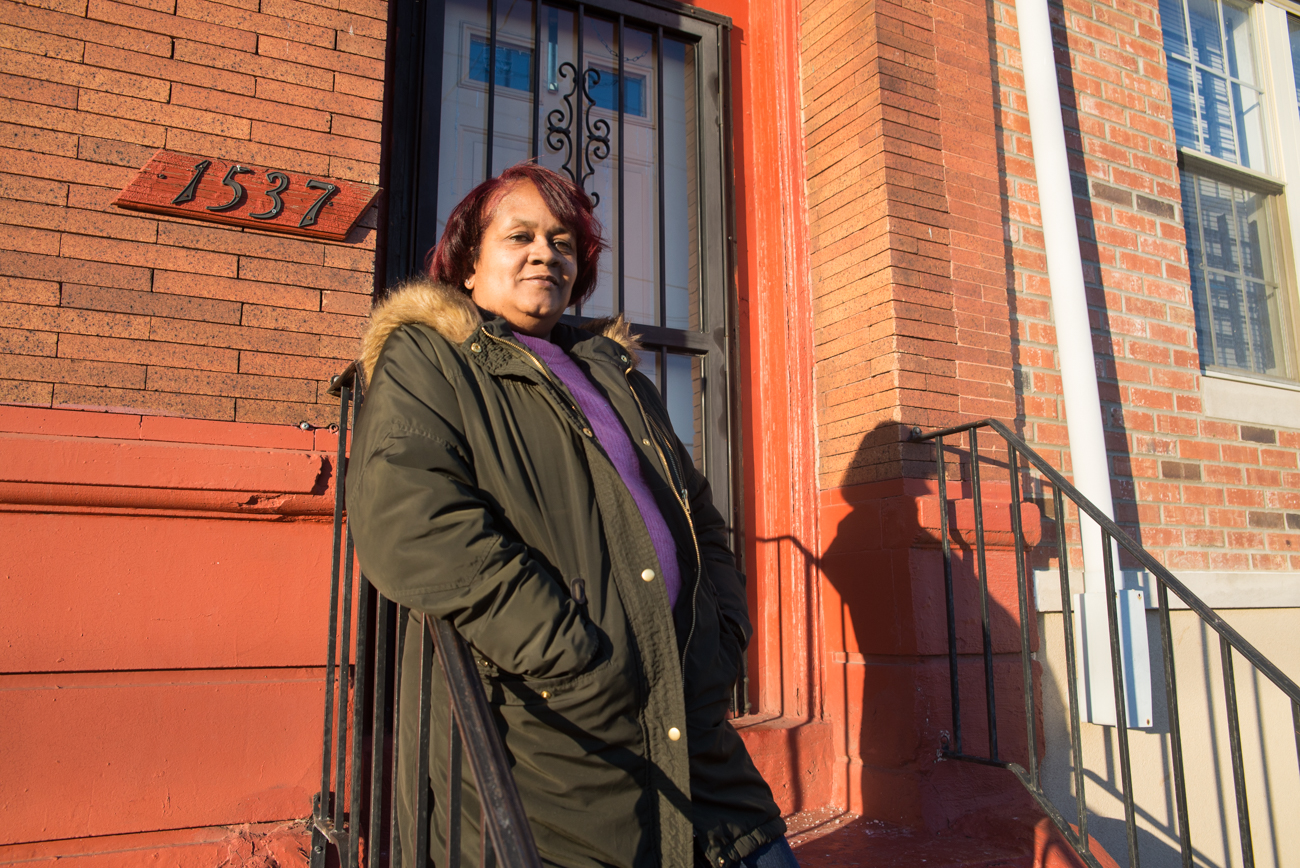
The district encompasses and is near historic sites, like The Church of the Advocate — a national landmark — the Diamond Street Historic District and Cecil B. Moore Avenue, named after the civil rights movement icon who marched with the Rev. Martin Luther King Jr.
Kenneth Turner, who has lived on 15th Street near Norris since 1968, went to Tanner Duckrey Elementary School, John Wanamaker Junior High School and Benjamin Franklin High School.
His middle school no longer exists — it’s now the site of the View at Montgomery, a student housing complex.
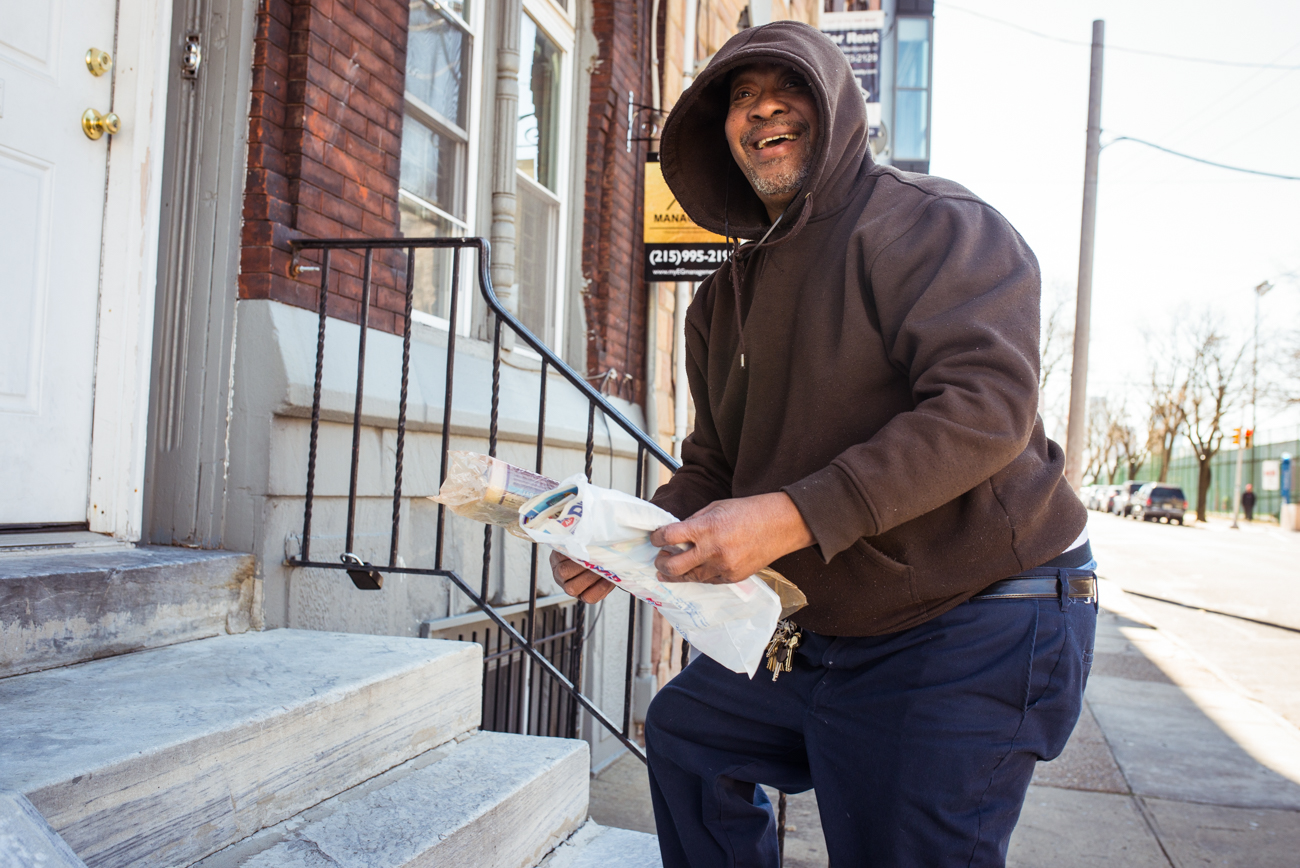
“We watch the explosion when students started moving into the neighborhood,” he said. “And unfortunately, in some cases, things changed.”
Now, thousands of students seek off-campus housing in the area around Main Campus, at times creating tension between long-time residents and the temporary students.
Valerie Harrison, a senior adviser for equity, diversity and inclusion, hopes the district can go beyond solving issues of trash and noise and strengthen relationships between students and community residents.
We just want to let them know that it can be fixed. We can fix it if we all work together.
We are in here together.
JOAN BRILEY
“I believe that some of our problems come from a lack of respect and understanding of this community, which is rich in history, is rich in architecture, it is rich in its contribution to the city of Philadelphia,” Harrison said. “Out of this place have been birthed incredible things.”
The district boundaries could expand, and the SSD Board may consider adding the area east of Broad Street, Bergman said.
For now, the SSD Board will meet each month and determine ways to deal with problems that others have not found solutions for in decades.
“You would be amazed at what’s going on in this neighborhood, and we want to keep it alive,” Briley said.
THE STADIUM
“This is the truth,” Bergman said. “The special services district now has nothing to do with the stadium.”
But the university has repeatedly linked the creation of a special services district to its on-campus stadium plans, which launched roughly three years ago, and picked up steam during the 2017-18 academic year.
To the disapproval of community residents, the university announced in January 2018 it would seek city approval for an on-campus stadium. Englert’s March 2018 town hall speech, which was later released in writing by the university, stated “The facility would be the linchpin for a special services district.”
Still, university officials said the district will solely improve residents’ quality of life in the surrounding neighborhood.
“This project offers all of us an opportunity,” Bergman said.
The future of the stadium project is at a standstill. The university missed its self-imposed June 2018 deadline for city approval, and as a result, will return to contract negotiations with the Eagles, Bergman said.
I have been doing this for many years, working in the community, way before they thought of a stadium. I feel very comfortable in this neighborhood. Some of these neighbors I have become friendly with.
EILEEN BRADLEY
City Council President Darrell Clarke, who could not be reached for comment, has criticized Temple’s community relations efforts and has advocated for a similar district in this area.
“Temple has indicated since the stadium discussion started that they’re going to create their own special services district, and I’m saying my position has been, ‘You need to do it,’” Clarke told The Temple News in October 2018. “It should have been done 10 [to] 15 years ago, but it should not be tied directly to the stadium.”
Briley, who attended past events held by the Stadium Stompers, a group that opposes stadium development, lives directly across from the proposed stadium site on Norris Street near 15th. She is against the construction and believes the district will not lead to the facility.
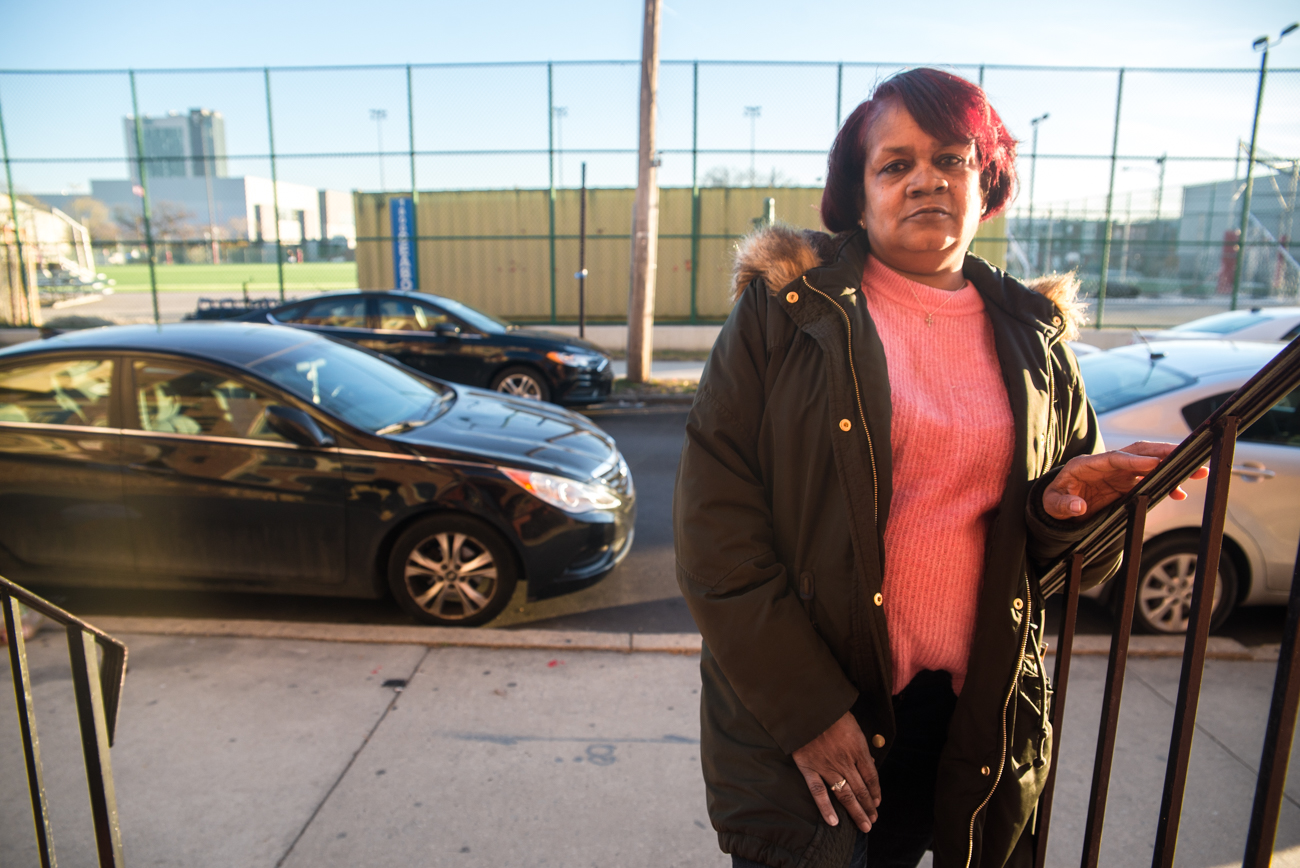
“I know there’s gonna be backlash,” she added. “I know a lot of neighbors are going to wonder, ‘Is this the next step to getting a stadium?’ Which it’s not.”
Her main priority is to get the area clean, and they’ll worry about the rest later, she said.
Bradley — the second-longest serving TUPD officer — has dedicated her career to bettering the North Philadelphia community. She is a familiar face to most community residents and doesn’t worry about the university leveraging the district as a way to get the stadium built.
The university should, “do the right thing and do it on a daily basis,” and find ways to clean up the neighborhood, Bradley said.
“How are you going to have a stadium there with this nonsense going on?” said Milton Pollard, who lives on Bouvier Street near Berks and a member of the SSD Board. “Get this under control.”
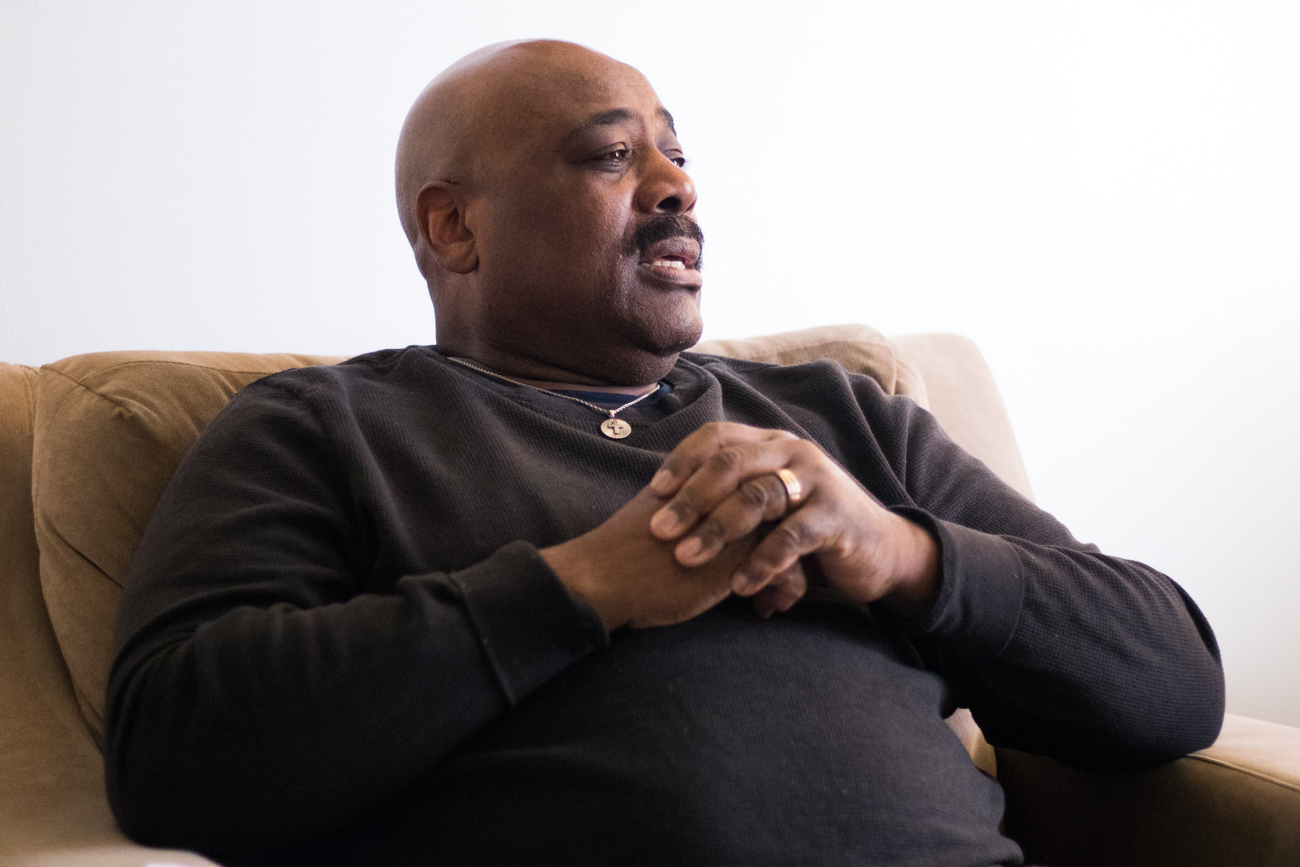
Turner joins his neighbors every Saturday to clean up trash on his block.
He said he asked Temple officials during an SSD Board meeting if the district was being put in place to garner community support for a stadium in the future. He said he was told, “this has nothing to do with the stadium.”
“We’ll see,” Turner said. “We’ll see, we’ll see. I mean, my thing is, you gave a little something, you want something in return, right? The stadium isn’t over.”
“I really, really like Mr. Bergman and Eileen Bradley,” he added. “They work well with the communities. But again, they’re not doing it for nothing. You know, I believe it’s their job to bring the community on board for the stadium. I really do. I really believe that.”
Briley is prepared for critics to say, “Oh here you go. You joined the forces,” she said.
“I joined the forces for this community, to keep the community clean,” is her response.
PLAN OF ACTION
On any day, broken bottles, beer cans and other trash litter the district. On the weekends, students fill the streets, looking for loud house parties.
The SSD Board wants to change this and instill a new student culture, one in which they care about where they live, even if it is for only four years.
Several SSD Board members vowed to mitigate the excessive off-campus litter problem, which the university and city officials have grappled with for years.
“The main goal is to get this neighborhood clean,” Briley said.
As its first action, SSD Board members will contract One Day At A Time, a North Philadelphia nonprofit that helps employ people in recovery, to begin street sweeping and litter clean up within the district’s boundaries, Miller said.
Last summer, the university contracted ODAAT on a pilot basis during what Bergman called “the move-out,” or the time in the summer when students vacate their off-campus apartments and leave behind copious amounts of trash and large debris, like mattresses and sofas, in the streets.
The district will expand the use of ODAAT from Tuesday to Friday, with Monday as an exception because it’s the neighborhood’s trash collection day, Miller said. The street cleaning teams will work on different sections of the district each day.
ODAAT will also partner with the the Pennsylvania Horticultural Society for beautification work, Miller said. This will give vacant lots extra care, like cutting grass that often becomes overgrown when unattended.
The district will not be seeking to add a second trash day because it is expensive and the SSD Board will look at alternate approaches, Bergman said.
The district launched its website on Thursday, which will allow residents to learn about community events, available university services and submit complaints to the SSD Board.
ENFORCING THE RULES
Temple’s Good Neighbor Initiative started in 2011 to set standards and values for students, especially those living in off-campus apartments. The initiative is often lauded in the university’s new student orientation programs.
But by Bergman’s own admission, the tenets of the Good Neighbor Initiative are rarely enforced.
“We have to take it a step further,” Bergman said.
Now, the university wants to involve the Office of Student Conduct and Community Standards to enforce sanctions for students who frequently violate Temple’s Student Conduct Code and city laws when living off-campus.
The specifics around sanctions are still being determined, Bergman said.
Our goal is to elevate that awareness and consciousness so that it leads to a change in behavior. So, that you’re not comfortable just throwing trash and mattresses outside on the sidewalk, but that you respect people who you live next to.
VALERIE HARRISON
Student conduct off-campus has garnered the attention of many. Clarke introduced legislation in October related to “rooftop conduct” and the potential dangers Temple students face while walking on their roofs, especially during parties and while under the influence of alcohol.
“We have to find different ways to do it,” Bergman added. “Its got to be real.”
Tougher enforcement of the rules is a feasible way to get students to start treating the neighborhood better, said Pollard, who is also a 32nd Ward, 8th Division Democratic committee person.
“Stop hitting them on the hand,” he said. “Start hitting them with fines. The parents won’t like it after awhile.”
Tougher enforcement works for some students, Bradley said, but not all.
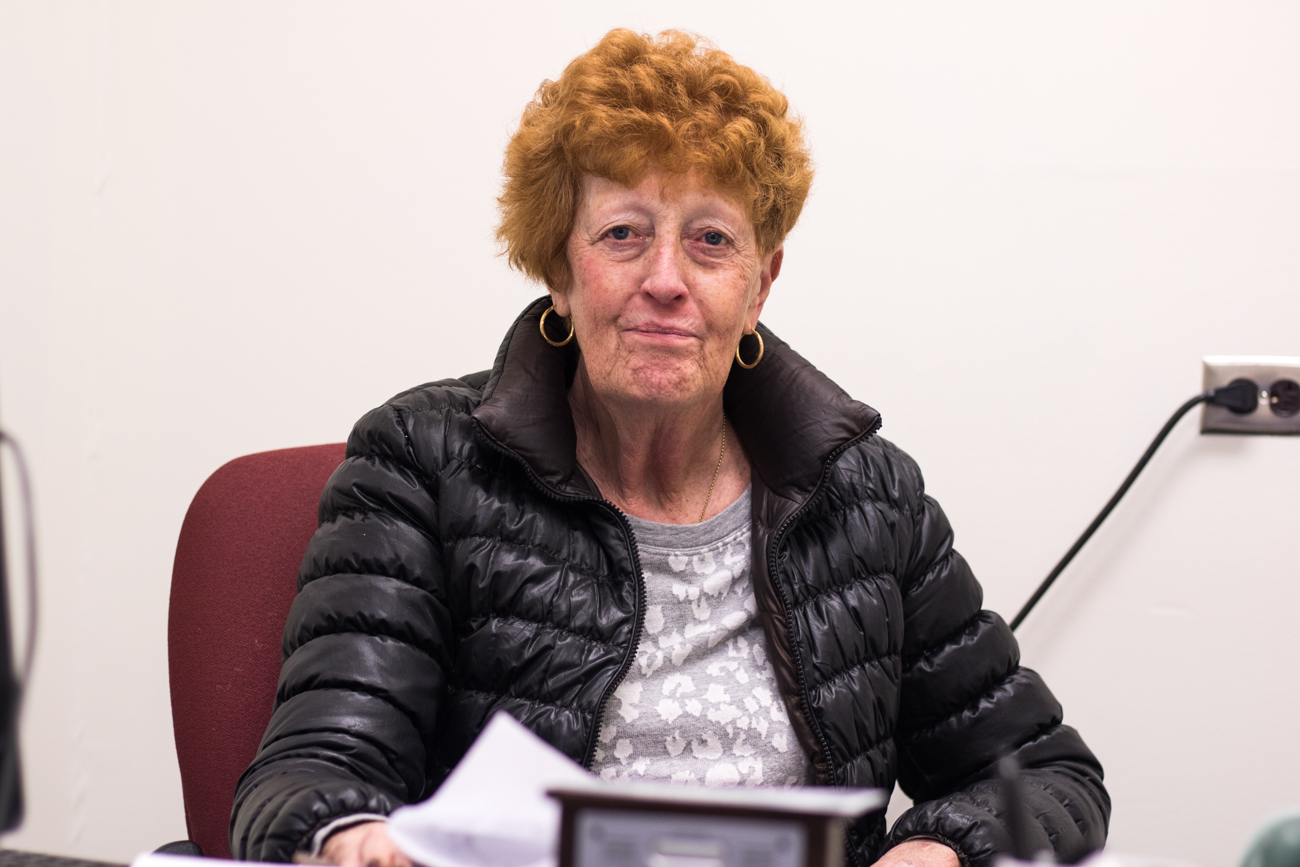
“For some people, enforcement is the only way to deal with it,” she added. “They just don’t listen, and hopefully, the educational piece of that should come into it.”
The SSD Board wants to “focus on education more” than disciplinary measures, Miller said on Thursday.
OTHER SPECIAL SERVICES DISTRICTS
Special services districts exist in several pockets of the city and across the country. In Philadelphia, these districts surround major developments and other universities.
The North Central SSD was inspired by the University City District in West Philadelphia. North Central SSD Board members toured the UCD last summer to get better insight on how their own district could run.
The UCD was created in 1997. It serves West Philadelphia residents and is backed by anchor institutions, like the University of Pennsylvania, Drexel University, civic associations and small businesses, and has about 25 permanent staff members overseen by a 27-member board.
I was given an opportunity where I was never given an opportunity before, to be involved with anything. And I find it to sort of be challenging, it’s going to be challenging and I’m willing to take the challenge.
KENNETH TURNER
The UCD is an independent nonprofit, said its president Matt Bergheiser. It was founded on the principles of its Clean and Safe program, which focuses on public safety and maintenance initiatives, two key issues Temple also wants to tackle.
“We’re a partnership of multiple institutions and developers, which is essential,” Bergheiser said. “It was never viewed as only Penn, which especially at the time was the biggest player. It was never to be viewed as, ‘This is Penn.’ It was, ‘This is a partnership.’”
Drexel, the Lenfest Foundation, Penn and the University of Pennsylvania Health System are among the UCD’s top donors. They each gave more than $500,000 to the district in fiscal year 2018, according to the district’s website.
The UCD raised $11.8 million in the 2018 fiscal year and spent $10.1 million on its various programs, including safety and environmental programs.
Anything that’s going to help reinforce our sincerity and our commitment to our neighbors, no question. It’s a good thing. And no question. I’m glad to be a part of that.
ANDREA SWAN
“The goal is for the special services district to reflect the diversity, professionally and personally, that exists in North Philadelphia,” said Andrea Swan, director of community and neighborhood affairs.
Some special services districts in the country are taxing authorities, meaning they can levy taxes on businesses within the district to retain funding. But the UCD and Temple’s district operate on donations.
On Friday, Englert will take to the podium for the district’s kickoff event — which he once touted as a vital part to building a stadium.
The president will make the announcement in the heart of the new district, surrounded by community residents.
He can’t be escorted out through a back hallway, like he was in Mitten Hall last year. And the quality of life concerns community residents expressed that night haven’t changed.
“You can’t take over this neighborhood without a say from us,” Briley said.
Words and reporting by Kelly Brennan and Will Bleier.
Graphics and data analysis by Julie Christie.
Photos by Dylan Long, Luke Smith and Jeremiah Reardon.
Video by Jared Giovan.
Web Page produced by Julie Christie.
This article was first published April 5, 2019.
Would like to know how community was picked/elected from community. Why not thru the newsletter send tbtusil to.property owner in area, example, like when temple was trying too get support for stadium
Owner at 17th/Jefferson Sts go to community meeting in Gesu School
no mention. JUST SAYING.
SO MORE TRICKERY AGAIN
Here we go again! Temple University setting up a whole Special Service District without real input from the community. The community had no input on who are the members of the board, or who was hired to do the maintenance.
Temple set up every thing without public knowledge. Now we are expected to buy in to a board with no experience in what they are being challenged to complete.
Also with a Director who has to divide her attention with a whole time job.
This is typical Temple created bullshit! Temple does Not deal with this African American community in good faith!
Regretfully,
Such a disgrace for Student Reporters to have to be participates in such a Temple University scam !!!
I have spoken with the both Principal Reporters or this article multiple times in the past, and not one call, notify, verify, confirm this mess created by Temple.
They must do better!!!
Please don’t let student lose they Journalist Creed before they even graduate!! – wtf?
I lived on campus (JH) and frats for four years so I was part of the neighborhood. Then I worked in Athletics for three years and drove through the neighborhood (Montgomery, Diamond etc. to/from campus out to Ridge) as part of my commute. All of this was in the early ‘70’s.
I have been a frequent visitor to Campus ever since Al Golden became our football coach. The transformation of the neighborhood (I still drive the same streets to/fro) is amazing.
Anyone who doesn’t give TU at least some of the credit as the engine for the improvements and upgrades of the neighborhood doesn’t know what they’re talking about. For the Stadium Stompers (I was at the 3/8/18 event) and the other anti-Temple neighbors I ask: what would your neighborhood and life be like if Temple University moved away? Suppose it had moved away in the ‘60’s before the state started pumping many millions into construction of new campus construction?
Thanks for the great guide